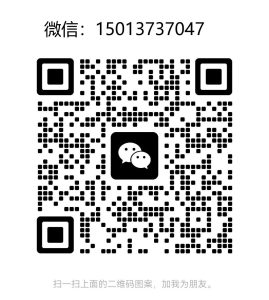太过“精明”的人,在处理问题时往往会使用各种技巧和手段,以达到自己的目的。
People who are too “smart” often use various techniques and means to achieve their goals when dealing with problems.
这种行为可能会导致其它人的不满和不信任,进而影响他们的领导力和影响力,难以成为真正的大器。
This behavior can lead to dissatisfaction and mistrust among others, which can affect their leadership and influence, making it difficult to become a true tool.
其次,精明的人往往会过于注重自己的利益,缺少真正的公益心和社会责任感。
Secondly, smart people tend to overemphasize their own interests and lack a true sense of public welfare and social responsibility.
这种行为会让他们在高层管理的位置上缺乏担当,导致公司或团队的整体利益受损。
This behavior can lead to a lack of responsibility in senior management positions, resulting in the overall interests of the company or team being damaged.
再者,太过精明的人容易陷入短视的思维,往往只注重眼前的利益,忽视长期发展。
Moreover, people who are too smart tend to fall into short-sighted thinking, often focusing only on immediate interests and ignoring long-term development.
这不利于自身的职业生涯和企业的发展方向,更难产生长远的增长和价值。
This is not conducive to one’s own career and the development direction of the enterprise, and it is even more difficult to generate long-term growth and value.
而在领导者的角色中,需要具备高度的智慧、创新力和战略思维,能够处理复杂问题和面对挑战。
In the role of leader, it is necessary to possess a high degree of intelligence, innovation, and strategic thinking, and be able to handle complex issues and face challenges.
因此,成为真正的大器需要不仅仅具备精明的特质,还需要更多的真诚、正直、责任感和远见,能够坚持自己的价值理念,承担更高层次的领导责任。
Therefore, becoming a truly great tool requires not only shrewd qualities, but also more sincerity, integrity, responsibility, and foresight, the ability to adhere to their own values, and the ability to assume higher levels of leadership responsibility.

